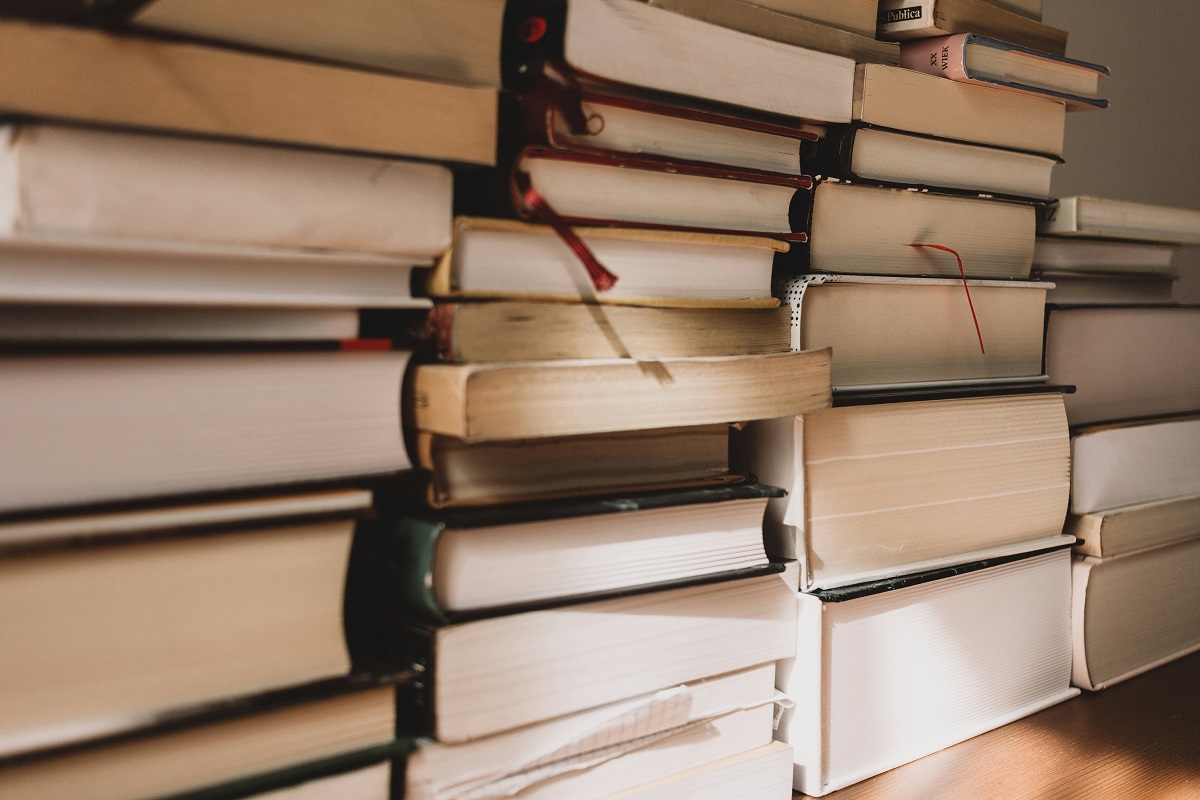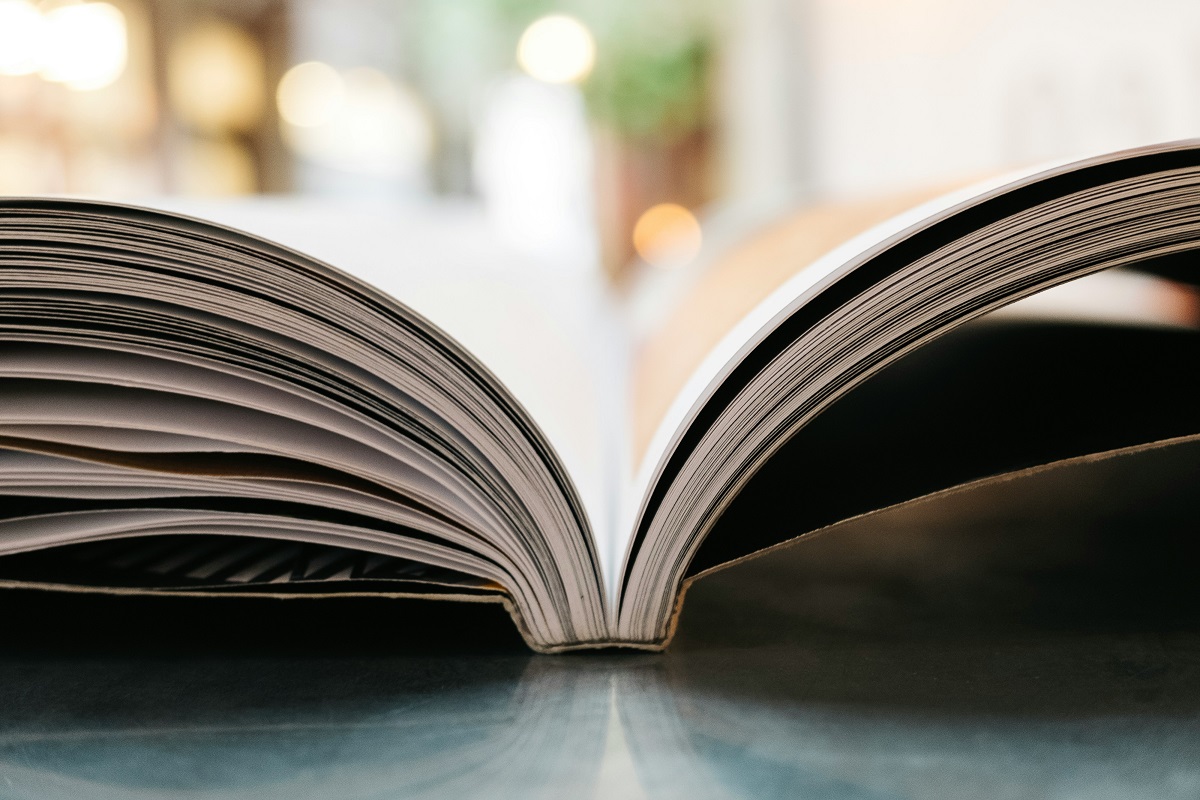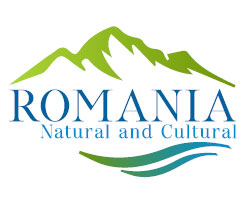
Romanian literature, with its rich tapestry woven through the ages, stands as a pivotal component of the European literary tradition. Its journey from the roots entrenched in folklore and oral narratives to the contemporary masterpieces that grapple with post-communist realities mirrors the evolution of Romanian society itself. This literature is not merely a collection of works but a reflection of the nation's soul, encapsulating struggles, triumphs, and the relentless quest for identity.
The essence of this presentation is twofold: to delve into the core of Romanian literary creation, uncovering the themes, authors, and seminal works that have shaped its course, and to comprehend the cultural and historical undercurrents that have influenced these literary endeavors. Moreover, this exploration aims to ignite a spark of creativity within the audience, encouraging them to weave the rich threads of Romanian themes and styles into their own tapestry of creative writing. Whether you're an aspiring
presentation writer
or an avid enthusiast of literature, this journey promises a deeper appreciation and understanding of Romanian literary heritage.
Historical Context of Romanian Literature for Presentation Writing
The genesis of Romanian literature can be traced back to its folklore, oral traditions, and early writings, which collectively laid the foundation for a unique literary voice. These initial expressions were deeply rooted in the pastoral landscapes of the region and the daily lives of its people, enriched over time by the cross-pollination with neighboring cultures and languages. This amalgamation set the stage for a literary evolution that would navigate through various European influences while retaining its distinctive essence.

A presentation writer delving into Romanian literature must traverse through its significant periods and movements. The journey begins with the Enlightenment and Romanticism, where the quest for national identity and liberation from foreign dominion was palpable in literary works. As the narrative unfolds into Realism, Symbolism, and Modernism, Romanian literature mirrors the global literary trends, adapting and interpreting them through a local lens. The contemporary era, marked by the post-communist Romanian landscape, reflects literature in transition, grappling with freedom, existential questions, and the quest for a new identity in the global arena.
Themes and Styles in Romanian Literature
The fabric of Romanian literature is embroidered with recurring themes such as identity, nationalism, and cultural heritage, contrasting the pastoral tranquility of rural life with the tumultuous change of urbanization. These narratives often explore the convolutions of social and political change, delving into personal and collective experiences of love, existentialism, and the human condition. The richness of these themes offers fertile ground for anyone, especially an online presentation writer, to convey the depth and diversity of Romanian literature to a global audience.
The evolution of literary styles and techniques in Romanian literature paints a picture of constant innovation. From the traditional narrative styles deeply rooted in folklore and oral storytelling to the modernist experiments with form and structure, Romanian writers have continuously pushed the boundaries of literary expression. The use of symbolism, allegory, and the revival of folklore elements in contemporary writing showcases the adaptive and innovative spirit of Romanian literature. This dynamism not only enriches the national literary heritage but also offers a wealth of inspiration for writers and creators worldwide, aspiring to infuse their works with a blend of tradition and modernity.
Notable Authors and Their Works
Classic Romanian WritersThe pantheon of Romanian literature is graced by luminaries such as Mihai Eminescu, George Coșbuc, and Ion Creangă. Eminescu, often hailed as the greatest Romanian poet, brought the national spirit to life through his lyrical masterpieces, weaving the essence of Romanian folklore with profound existential queries. Coșbuc and Creangă, with their vivid narratives and folkloric prose, respectively, carved out indelible niches in the Romanian literary tradition. Their contributions laid the groundwork for a literary heritage that thrives on a deep connection with the land, its history, and its people.
Contemporary VoicesIn the contemporary scene, Mircea Cărtărescu, Gabriela Adameșteanu, and Herta Müller stand out for their innovative narratives and thematic depth. Cărtărescu, with his blend of surrealism and existentialism, offers a window into the soul of post-communist Romania, while Adameșteanu's works provide insightful commentary on social and political undercurrents. Herta Müller, awarded the Nobel Prize in Literature, brings the Romanian experience to the global stage with her stark portrayals of life under dictatorship. Their works, marked by modern themes and international recognition, underscore the vibrant diversity and ongoing evolution of Romanian literature.
Impact on World LiteratureRomanian authors have not only shaped the nation's literary landscape but have also etched their presence on the global literary scene. Through translations and international acclaim, they've fostered cross-cultural dialogues, introducing the world to the nuanced complexities and rich tapestry of Romanian life and history. This global exchange underscores the importance of showcasing Romania's literary contributions, emphasizing the universal themes that resonate with readers worldwide.
Romanian Literature in Creative Writing
Romanian literature, with its rich amalgam of themes ranging from the mystical allure of folklore to the stark realities of modern existence, provides a fertile ground for creative exploration. Writers looking to infuse their work with depth and authenticity can draw from the wellspring of Romanian motifs, incorporating elements of identity, history, and folklore into their narratives. This not only enriches their creative endeavors but also bridges cultures, allowing for a more profound engagement with the human condition.
Understanding the cultural nuances inherent in Romanian literature is key to crafting authentic and compelling narratives. Embracing complex characters and intricate plotlines while experimenting with literary forms and styles can help writers capture the essence of Romanian themes. Whether you're utilizing a presentation writing service or charting your own course, these insights can guide your creative process, enabling you to weave narratives that resonate with the vibrancy and depth of Romanian literary tradition.
Takeaway
This journey through Romanian literature highlights its significance in the tapestry of global culture, underscoring the unique contributions of Romanian authors to the world of literature. The exploration of key themes, authors, and literary movements reveals how historical and cultural contexts have shaped these works, offering a window into the soul of Romania.
The dialogue between Romanian literary tradition and global influences continues to evolve, highlighting the role of literature in fostering understanding and appreciation of cultural diversity. The contributions of a professional presentation writer in this dialogue cannot be understated, as they bring the nuances of Romanian literature to a wider audience, enriching the global literary landscape. In this exchange, literature becomes a universal language, transcending boundaries and uniting us in our shared humanity.


